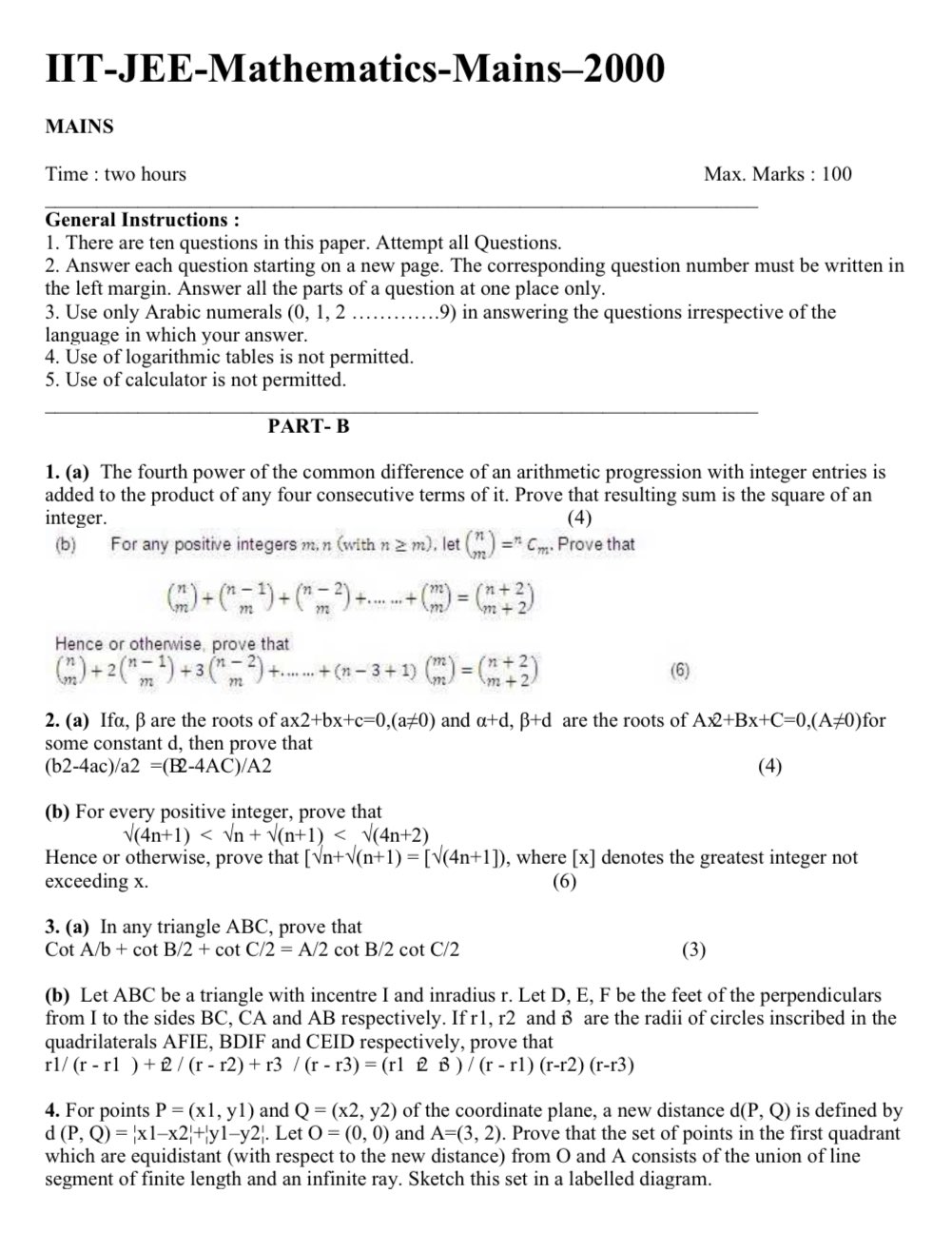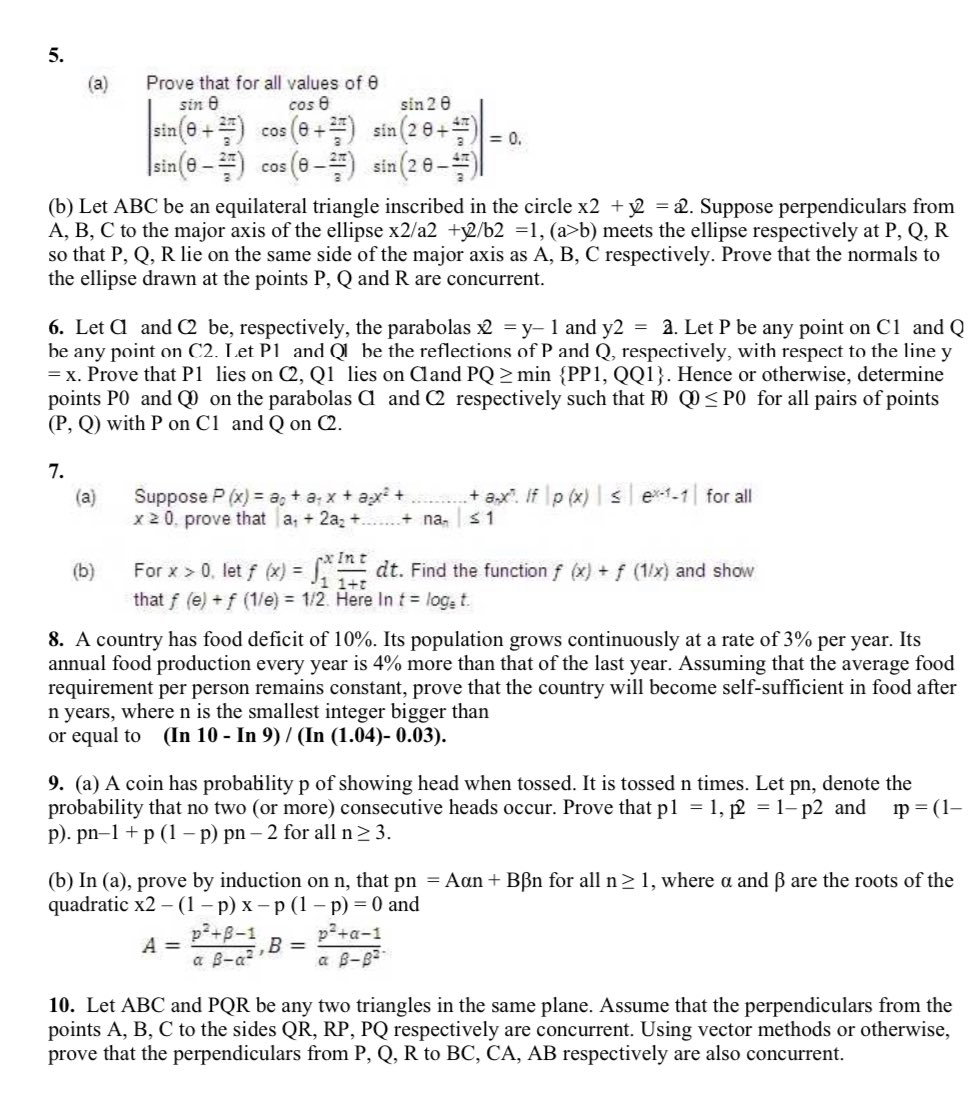I hereby regret to inform you all that Sri Gurunath Patisserie, and everything around it including the Gurunath Stores and Moon Lab, is no more. There is no sign of its existence. Some new building, maybe an extension to the “giga mess” next door is coming up there.
Until this part of my walk early in the morning on the 15th of August, I had been thrilled to be back at IITM. Thanks to the kindness o the IITM Alumni Association, I had managed to get a room at the Taramani Guest House there for the morning, after my train had deposited me in Chennai at 4:15 am.
Of all the “institutes of national importance” I’ve visited in the recent past (last 1-2 years), IITM seemed the most friendly (and IIMB the least). This is ironic since as a student it was absolutely the other way round – the administration in IITM didn’t treat students well at all but in IIMB they were rather nice. However, now, post-pandemic IIMB has become a terror to get into, with some insane protocols and rituals.
At the IITM gate, though, all I had to do was to show a mail that I had a booking in Taramani House, and my auto was waved past. Delhi Avenue looks exactly the same as it did two decades ago, though maybe some new faculty blocks have been added to the sides. The stadium now has a sponsor (some Watsa – no Prem), and Gajendra Circle was all lit up for Independence Day. Else it was a very familiar ride in.
Taramani House has turned around, though, with its entrance now facing the road between CLT and OAT, and not towards Narmada (my old hostel). The auto dropped me there, and I duly handed over the ?160 change I’d got at the gas station.
A security guard welcomed me and asked me to sit down as he went to fetch the night manager. It was “old style check in” as I had to enter details into a fat log book. The room key was “electronic” (the one you swipe), though, and was handed to me along with a bottle of water and a small cardboard box. Later I found that the cardboard box had a Medimix soap, a satchet of shampoo (hadn’t seen one of those in decades now!) and a toothpaste and toothbrush.
I set an alarm for 7:30 and crashed off. IITMAA had asked me to attend the flag hoisting ceremony “around 8am”, but hadn’t given me more details. I decided to go “in search of it”, and take a walk around campus while I was at it.
After failing to find the flag hoisting ceremony, I expectantly walked towards Gurunath to find that it was no more. And having gone all the way, I went to my hostel.
Again the security guard was rather nice, and just said “oh, visitor?” and waved me past. It was 8:30 am, and I walked through the hostel for about 10 minutes “completely unmolested”. I didn’t cross paths with a single student, or even see one within 20m of where I was. The room I used to live in was bolted from inside (indicating my room-descendent was there). However, when I knocked, there was no response.
This is what my room looks like now:

Most of the daytime in the hostel was spent at the end of my wing, sitting on the ledge (I’d not yet developed my fear of heights then) and reading newspapers. This is that ledge area.

I walked all round the hostel. The mess has been demolished and rooms built in its place. There is a third floor now. Large parts of the notice board in front are behind a locked glass. Even the unlocked part of the notice board has NO GRAFFITI – I guess that’s reserved for the walls now. And I was sad that I didn’t meet anyone – I would’ve loved to talk to the current inhabitants and find out what life is like there.
I had planned to meet Mohan, the legendary quizzer who was one year ahead of me at IITM CS, for breakfast that morning. Not wanting to put too much fight, I asked him to come to the guest house itself, and we ate there. The pongal and vada were good, although the “independence day special kesari bath” (a weird pink colour) was gross. We didn’t even go near the orange white and green idlis.
And then we went off on a rather long walk across campus, mainly covering the academic sections. We saw the new computer science building, and debated on what was in its place twenty years ago. We found this rather interesting nook in that building – at the end of a corridor, a simple table and stools, and a blackboard.

We then went to the Building Sciences Block, which used to host the Computer Science department back in the day. And then kept walking, exploring campus and talking about lots of fun things.
It was interesting going around the place with Mohan, since we were a year apart in college and hence didn’t have any particular shared experiences, though we had SIMILAR experiences because we did the same program. This meant there was a connection but not too much nostalgia, meaning we could explore lots of different things as we walked. Oh, he recommended this book to me.
After that I headed back to my room for a quick shower, and checked out. Once again, it was time to deal with Uber / Ola. That I was deep inside IIT meant that any cab that had to pick me up had to make the trek all the way inside, and the place where I was meeting Kodhi and Aadisht for lunch was not far away at all – implying a huge transaction cost.
At least 5-6 cabs (from both platforms) cancelled on me. The ones who would call would talk about some “distance” (what I could make out given my broken Tamil) and cancel. Finally, I got an Uber that was 14 minutes away (when I booked), and which actually arrived. Turns out it came with a passenger headed TO taramani house, and I got in as he got off.
I might have written here before – I quite like going back to IIT, even though it is in Chennai! I sort of feel at home when I go back there (unlike in IIMB, where I feel like I’m invading someone else’s personal space, unless I’m there to teach or for a reunion), though I’m still very sad that Gurunath is no more.
That was the one place where I had my best memories on campus, and kept me going through my last three years there. Most of the “network” I have from IITM consists of people I hung out with there. And it pains me that it doesn’t exist any more. I really wonder what misfit students do there nowadays!
Read Part One of my trip here.


